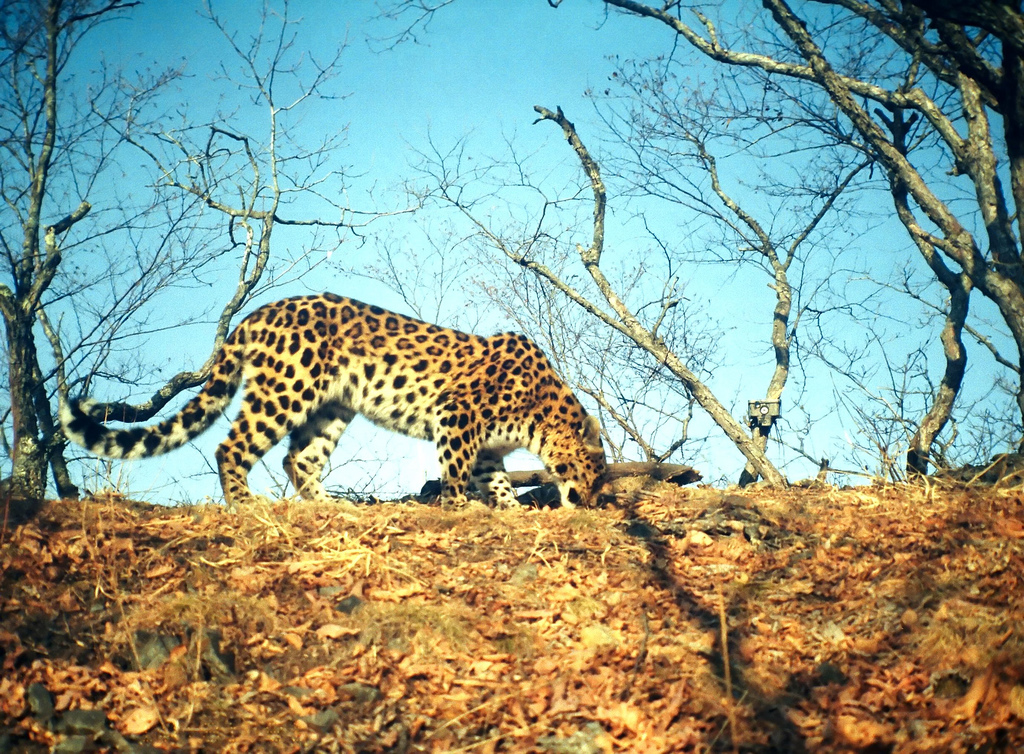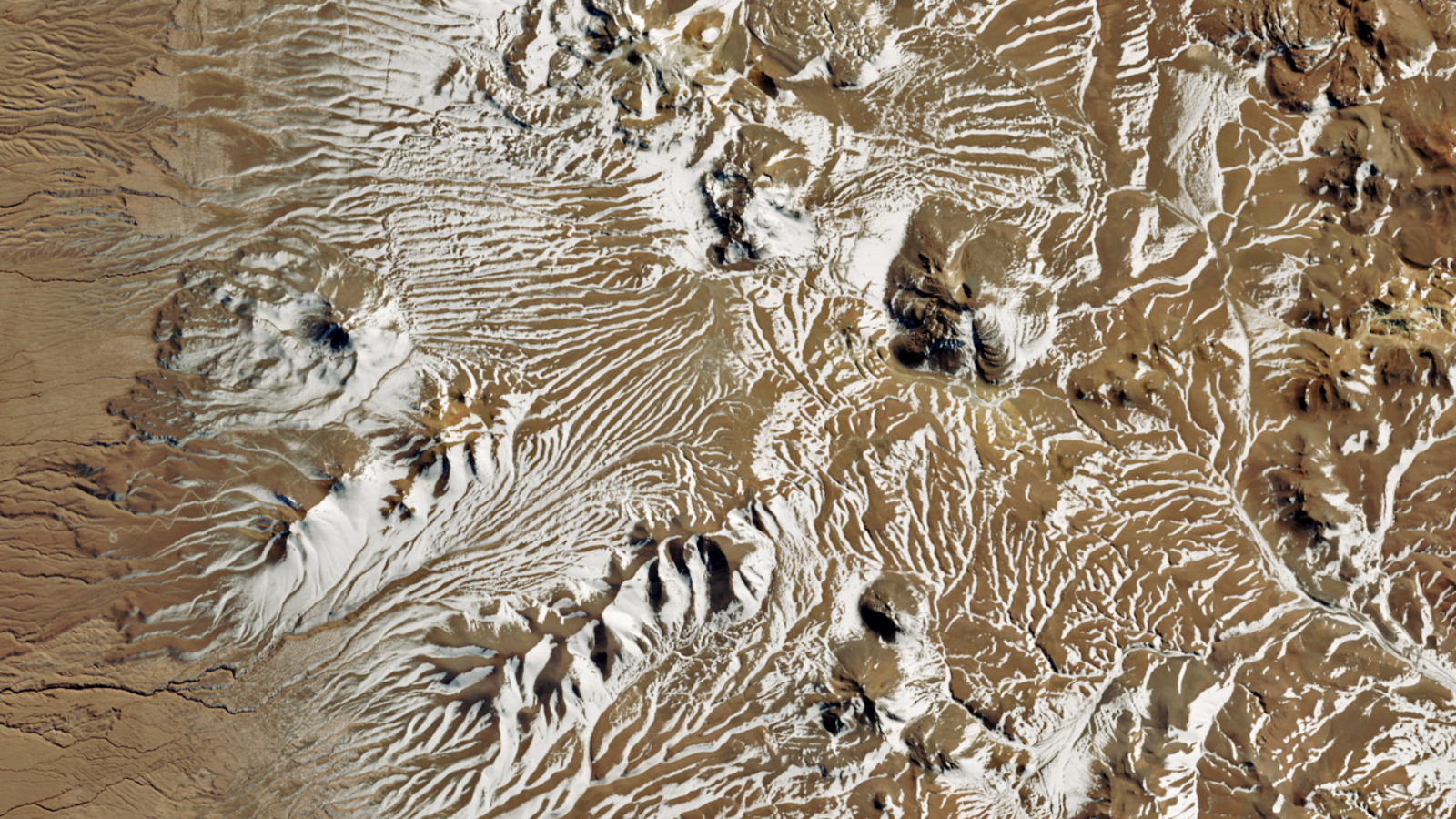Extremely Rare Leopards Find Safe Spot in New Park


A new national park in Russia is an attempt to save the world's rarest cat, the Amur leopard.
The park, announced Tuesday (April 10) by the World Wildlife Fund (WWF), encompasses 650,000 acres (262,000 hectares) of Amur leopard breeding area in Russia's Far East. Now called the Land of the Leopard National Park, the park covers about 60 percent of the critically endangered cat's habitat.
Fewer than 40 Amur leopards are believed to exist in the wild, according to the WWF. While most leopards stick to the savannas of Africa, the Amur leopard loves cold and high-elevation habitats, such as that found in the far east of Russia and in northern North Korea.
The new national park will help protect these large cats, which can reach 110 pounds (48 kilograms). The land will also become home to 10 Amur, or Siberian, tigers, another endangered species. Amur tigers were once in as dire a situation as Amur leopards, but their population is rebounding, with an estimated 360 tigers in the wild today.
The park will welcome eco-tourists. Russia has invested $16.6 million in the park's infrastructure, with a pledge of $1.3 million more for upkeep. The hope is that the protected land will help bolster the struggling Amur leopard population, which has lost massive amounts of habitat to human encroachment.
You can follow LiveScience senior writer Stephanie Pappas on Twitter @sipappas. Follow LiveScience for the latest in science news and discoveries on Twitter @livescience and on Facebook.
Get the world’s most fascinating discoveries delivered straight to your inbox.

Stephanie Pappas is a contributing writer for Live Science, covering topics ranging from geoscience to archaeology to the human brain and behavior. She was previously a senior writer for Live Science but is now a freelancer based in Denver, Colorado, and regularly contributes to Scientific American and The Monitor, the monthly magazine of the American Psychological Association. Stephanie received a bachelor's degree in psychology from the University of South Carolina and a graduate certificate in science communication from the University of California, Santa Cruz.


